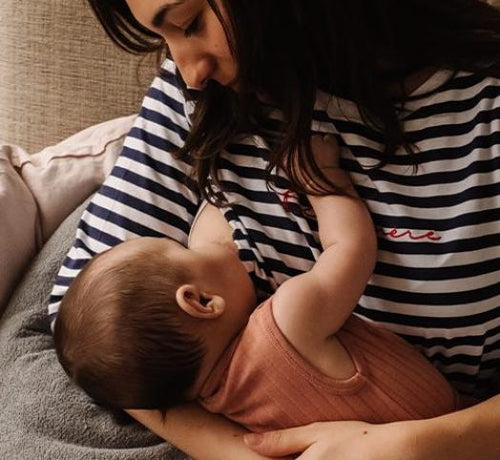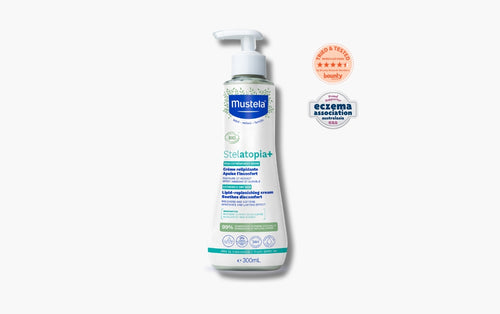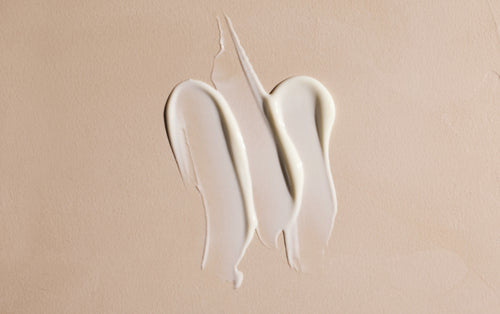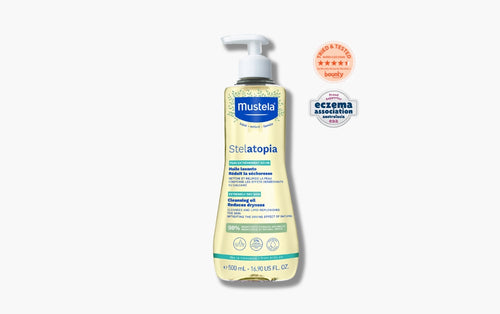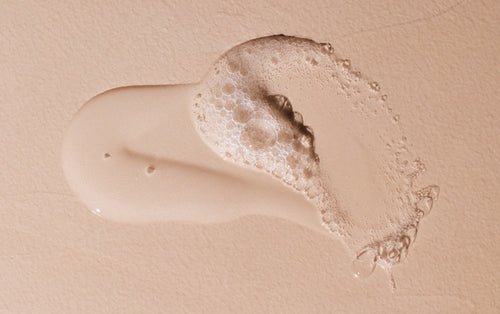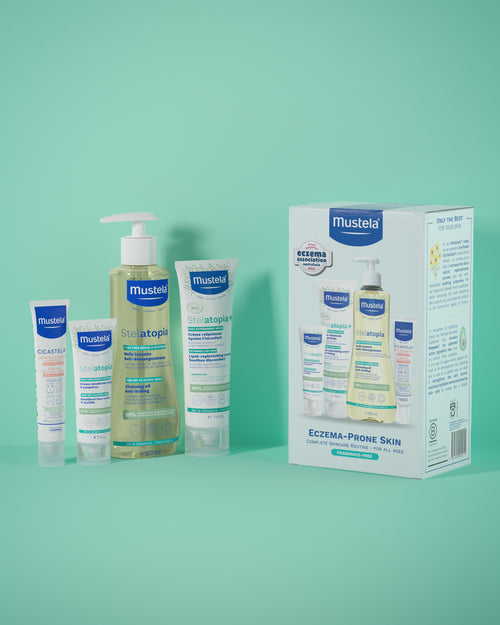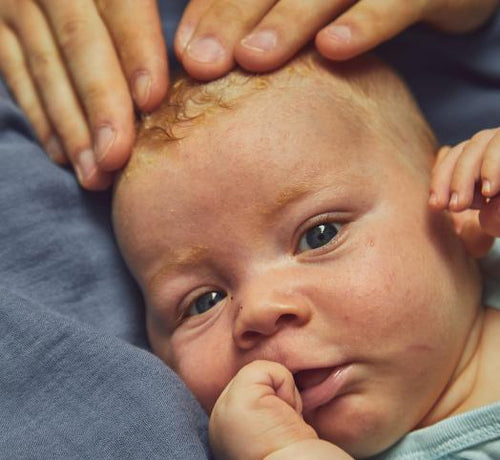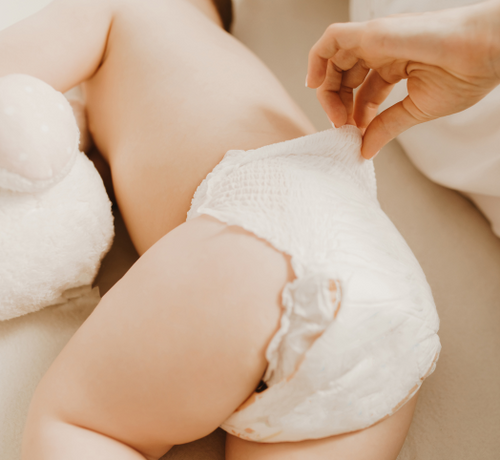Yes, you will have enough milk
Milk production depends primarily on your baby’s needs. The baby’s sucking stimulates the release of prolactin and oxytocin, the two main hormones involved in lactation. Your breasts have been preparing to give milk since the start of your pregnancy, so have no fear: you will have milk. And the more baby nurses, the more milk you’ll have.
Still, at birth and during the first two to three days, your breasts produce colostrum rather than milk. This thick yellowish orange fluid has exceptional nutritional and anti-infection properties. It contains everything your baby needs during his first days of life, including antibodies to protect him from any microbes he has already encountered after leaving your belly! That’s why it’s so important at first to offer the breast to your baby anytime he seems awake. Let baby nurse as long as he wants and make sure that he’s sucking effectively by listening for regular swallows. These frequent feedings will stimulate milk production and promote your milk coming in 48 to 72 hours after childbirth. Your breasts will swell, harden and become slightly painful. By nursing your infant as soon as your milk comes in and very frequently over the next few days, you’ll relieve your breasts and naturally establish your milk supply.
Yes, baby will find your breast
Whenever possible, your baby will be placed on your stomach right after birth, and the very first feed will take place within two hours after he is born. You will then see your newborn spontaneously seek the breast by moving his body and turning his head right and left on your chest until he latches on to a nipple. This is a perfectly natural reflex for him, since the scent given off by your nipple is similar to the smell of the amniotic fluid he spent the last nine months swimming in.
Let baby find your nipple on his own without holding his head or pulling him against your breast, which could cause him to pull back. When baby has found your breast, let him nurse as long as he wants. However, if a Caesarean section or other complication prevents you from breastfeeding this soon, don’t worry. The reflex for seeking out a nipple will just be slightly reduced, and you can gently guide your baby towards your breast and place your nipple in front of his mouth to nurse a little later.
Just as you need to trust your baby to find your breast, you should also trust him to feed the right number of times each day. This will vary from one baby to another. On average, newborns want to nurse seven to eight times during a 24-hour period, but some demand up to 12 feedings or even more. Trust your baby and simply meet its needs, whether large or small!
Why Is My Baby Hungrier Than Usual?
Babies prefer to consume more than usual during periods of rapid growth (referred to as growth spurts). They might occur at any time. However, in the first few months, growth spikes frequently occur when a newborn is:
- 7–14 days old
- 2 months old
- 4 months old
- 6 months old
During these moments and any other time your baby appears particularly hungry, pay attention to his or her hunger cues. For a while, you might need to breastfeed more frequently.
How Long Should I Breastfeed My Baby?

That is a matter of preference. For the first six months, it is advised by experts that infants be breastfed exclusively (without formula, water, juice, non-breast milk, or food). If breastfeeding is effective for you and your baby, you can keep doing it for another 12 months (or longer).
Both mum and baby can benefit greatly from breastfeeding. According to studies, nursing can either lower the severity of a baby's symptoms for bacterial meningitis, diarrhoea, and ear infections. Asthma, diabetes, obesity, and sudden infant death syndrome (SIDS) may all be prevented in children who are breastfed.
Breastfeeding reduces uterine size and burns calories for mothers. In fact, mothers who breastfeed might regain their pre-pregnancy weight and form faster. Additionally, breastfeeding lowers a woman's risk of developing disorders like:
- Breast cancer
- High blood pressure
- Heart disease and diabetes
Updated: 17/08/22





